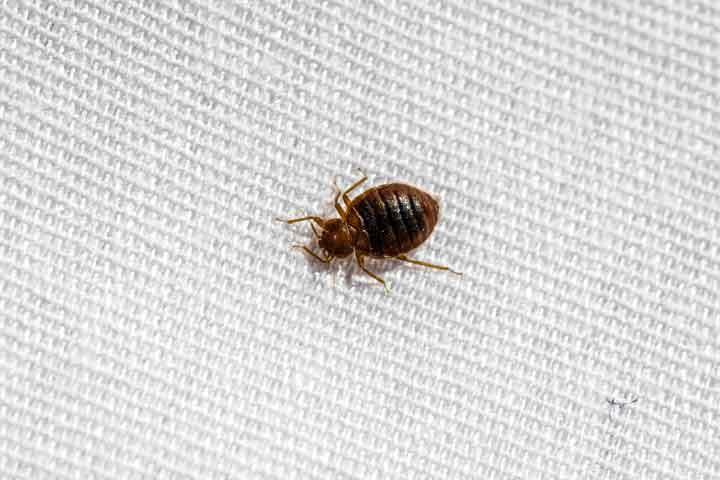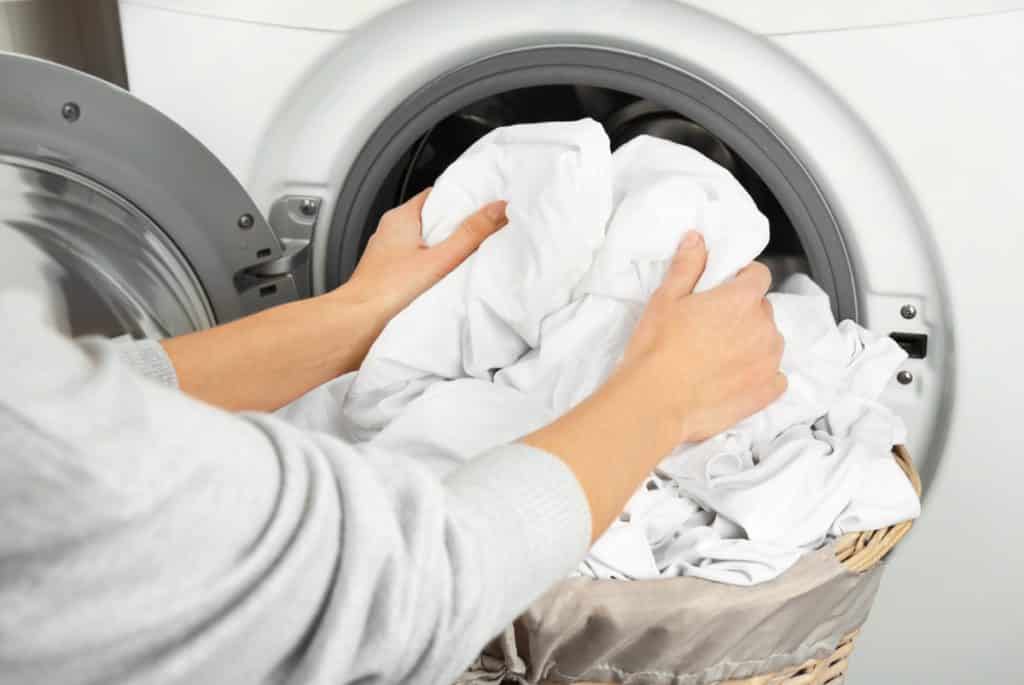The old bedtime phrase, “Goodnight, sleep tight. Don’t let the bedbugs bite” might be a comfort to some. However, it’s never a soothing suggestion to a household struggling with a bed bug infestation. Whether you’ve been trying to eradicate the problem for weeks or want to remain proactive in preventing bed bugs, we are here to help. Read on for our latest advice on how to repel bed bugs.
What Causes Bed Bugs?
Bed bugs are tiny, blood-sucking pests that are attracted to warmth, blood, and carbon dioxide. They hide during the day and come out at night to feed. Signs of bed bugs can include small bites all over your skin, blood stains on your sheets, and a few others.
Bed bug infestations have risen dramatically in the past 20 years due to international travel and resistance to pesticides. Clothing, suitcases, bedding, or furniture are all easy places for these critters to hitch a ride. In multifamily housing, they can easily travel from one apartment to another, especially if the infestation is heavy. They can crawl through the tiniest cracks in the wall, floor, or ceiling. While they usually live within eight feet of where people sleep, they can travel as far as 100 feet in a night. Bed bugs live where people sleep. However, they can also survive up to a year without feeding, so prevention or active eradication is extremely important.

Do Dryer Sheets Repel Bed Bugs?
Some sources say dryer sheets can repel bed bugs. The idea behind this is that the strong scent from the dryer sheet covers the scent of carbon dioxide given off as we breathe. And if they can’t smell us, they can’t find us, right? While there are anecdotal stories that swear by this method, there is currently no scientific evidence that it works. Procter & Gamble, who makes Bounce dryer sheets, issued a statement saying this same thing.
And in terms of killing bed bugs, most academic resources, including Rutgers University, state that dryer sheets are not effective. So, while tucking dryer sheets around your bedroom may not hurt anything, you might be better off using a different method to repel and/or kill bed bugs.
How to Repel Bed Bugs Naturally
Diatomaceous Earth
Diatomaceous earth (DE) is a naturally occurring mineral. There are over one hundred pesticide products and thousands of nonpesticide products that contain DE. The pesticides work by penetrating the exoskeleton of bed bugs and cutting the organs, causing water loss and ultimately death.
In humans, DE can cause skin irritation and dry mucous membranes. It’s imperative to use a registered pesticide product for killing bed bugs as they have specific particle sizes that can reduce the hazard to humans if breathed in. Even when using the correct type of DE, it’s a good idea to remove the DE after it’s done its job.
Because of its potential for irritation, DE is best used for prevention if someone in your building has an infestation, not for long-term just-in-case prevention.
Use Essential Oils
There have been several studies on the effectiveness of essential oils and/or their chemical constituents to repel bed bugs.
Chemical components of essential oils that may be effective in repelling bed bugs include:
- thymol (thyme)
- carvacrol (thyme and oregano)
- linalool (basil)
- camphor (camphor tree)
- eugenol (clove)
Other chemicals which were avoided by bed bugs even after 24 hours in studies include geraniol (geranium), eugenol (clove), and citronellic acid (citronella). However, the dosages for these chemicals needed to kill bed bugs are 400-70,000 times the amount of a synthetic pesticide. In other words, way more than a couple of drops on your sheets.
Regularly Clean and Disinfect Your Bedding

This is a tried and true, scientifically backed method. Heat kills bed bugs. Washing your bedding is important, and the key is drying everything on high heat for at least 30 minutes to kill any bed bugs. If you have a current bed bug infestation, put clean laundry in new plastic bags that are bug-free and seal them. This will prevent bed bugs from getting into your clean items and starting another infestation. Put everything waiting to be washed in plastic bags to prevent the bed bugs from infesting something clean. If you’re curious about other great reasons to wash your bedding regularly, you can check out this article.
Vinegar
Vinegar can both repel and kill bed bugs. It contains acetic acid, which disrupts their nervous system. This works to kill any bed bugs it comes into direct contact with. However, vinegar has no residual effect, which means it will not kill eggs or any bed bugs that were hiding when you applied it. And remember to never mix vinegar with bleach, as it will produce harmful chlorine gas.
Petroleum Jelly
Petroleum jelly can prevent bed bugs from crawling up onto furniture. The key is to spread a thick, wide band – at least two inches – around the legs of your bed, chair, couch, etc, and make sure that no bedding is touching the floor. The bed bugs will get stuck in the petroleum jelly and eventually die. However, this technique doesn’t kill their eggs.
FAQs
What scent repels bed bugs?
Scents that may repel bed bugs include thyme, oregano, clove, camphor, basil, lemongrass, and geranium.
Do dryer sheets repel stink bugs?
Many pest control sources, as well as Lewis and Clark College, recommend using dryer sheets as an effective way to repel stink bugs.
Do dryer sheets repel spiders?
According to entomologist Ron Harrison, dryer sheets do not repel spiders (or mosquitos or rodents). He suggests that it’s better to seal holes and periodically remove any webs you find.
Final Thoughts
As convenient, cheap, and easy as it would be to use dryer sheets to repel bed bugs, there is no conclusive scientific evidence that they work. There is anecdotal evidence out there, however. Your best bet for prevention is to check for bedbugs when traveling and buying used mattresses or furniture, and to avoid contact with infested clothing or bedding.
If you are faced with a bed bug infestation, contact your local public health department, landlord, and/or pest control agency immediately to get professional help in removing them.